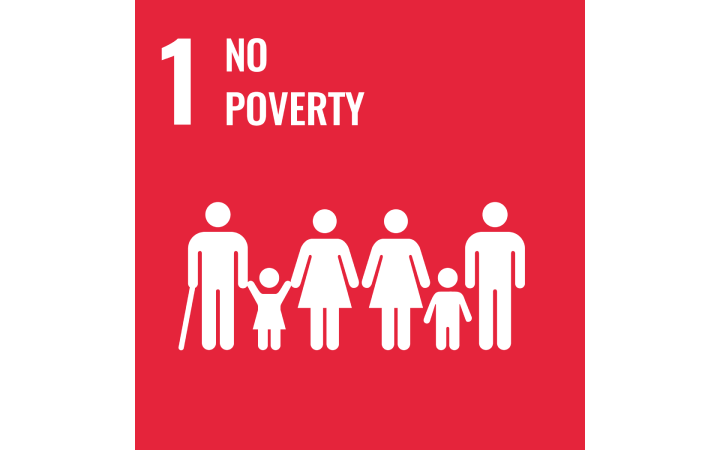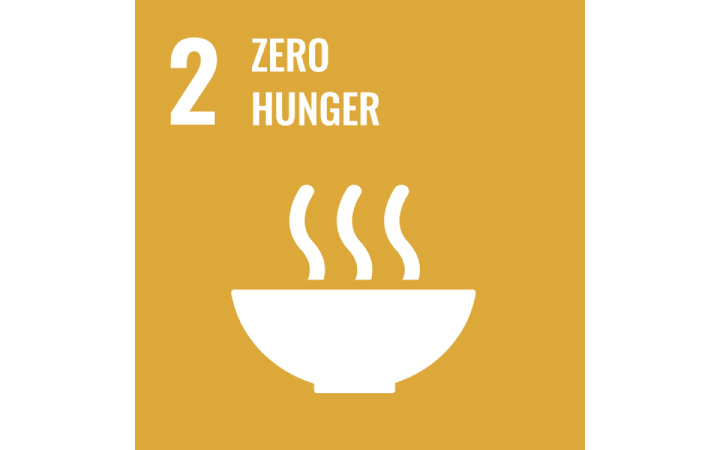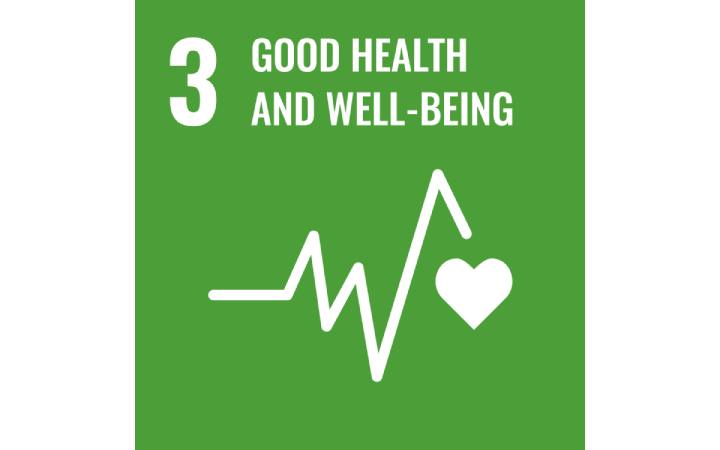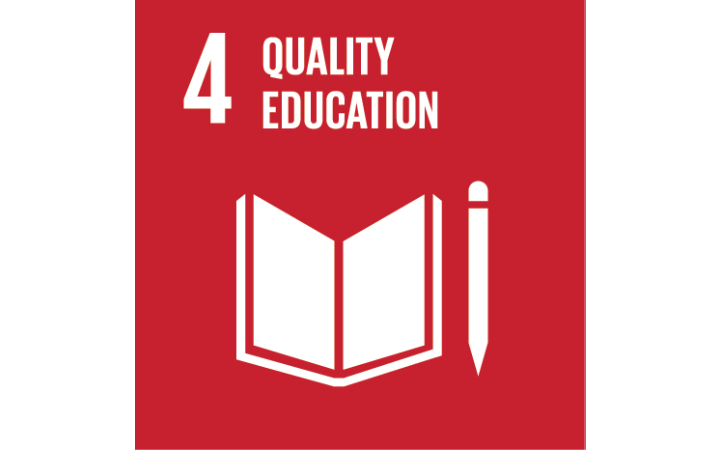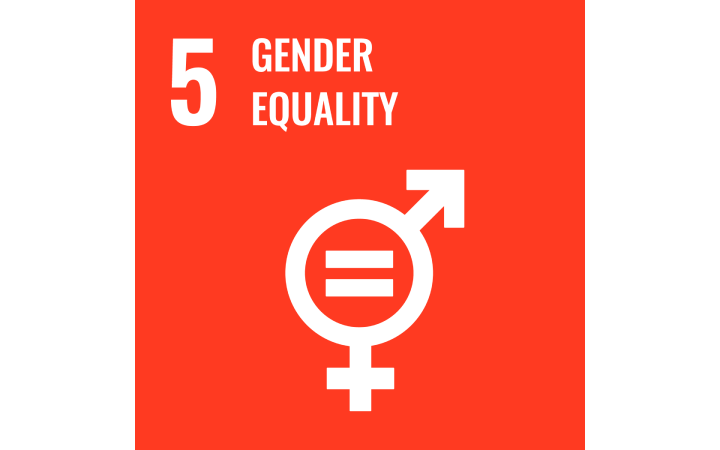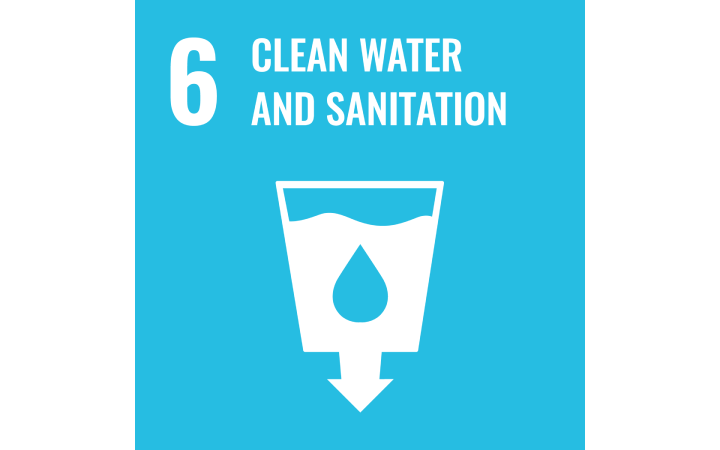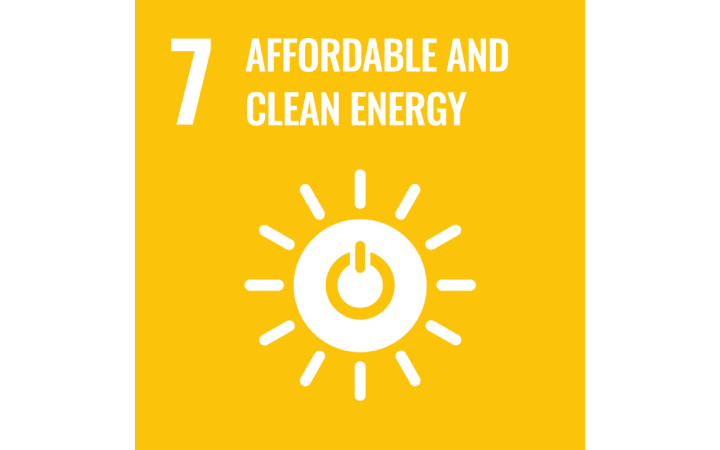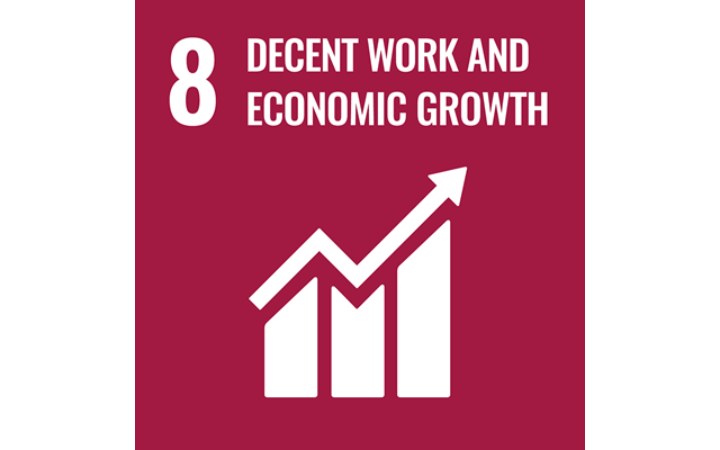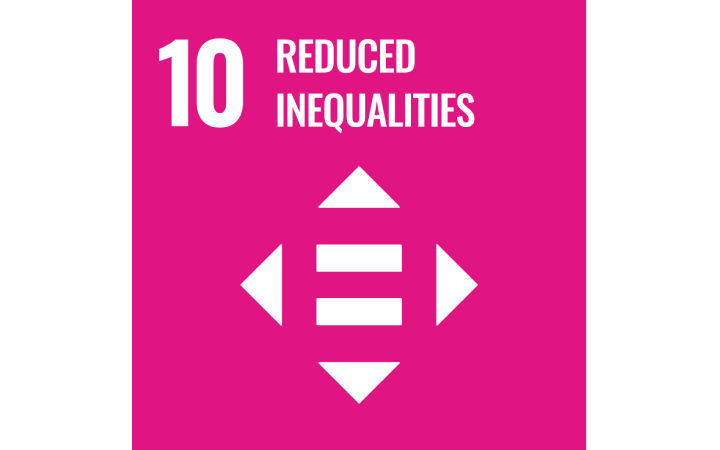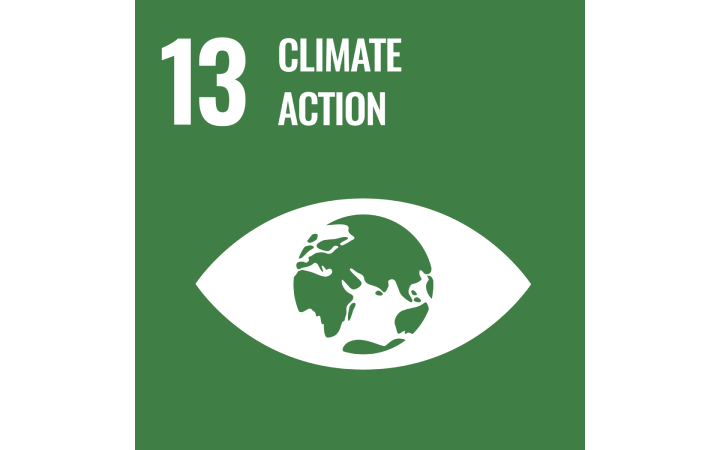No Poverty
Breastfeeding is low-cost yet easily meets the nutritional needs of young babies. In other words, breastfeeding promises food security for babies and eases some of the household’s financial burdens. BFEI provides healthcare professionals and communities with evidence-based resources to advocate for exclusive breastfeeding, which supplies infants with all the necessary nutrients during the first six months of life.
Zero hunger
Every year, 3 million children die due to undernutrition. Breastfeeding could help avert many of these unnecessary deaths since breastmilk provides all the nutrients that infants need. Without exclusive breastfeeding, we cannot achieve food security for infants 0-5 months. Through capacity building, the BFEI trains healthcare providers to address barriers to breastfeeding, helping mothers sustain breastfeeding even in food-insecure environments.
Good health and well-being
Breastfeeding is one of the keys to reducing under-five mortality. Increasing rates of breastfeeding to target levels could save the lives of 820,000 children under five every year. Likewise, it can contribute to improved health outcomes for children and mothers. Through health education, BFEI equips healthcare workers with tools to support mothers in overcoming challenges like mastitis and responsive feeding, contributing to breastfeeding success.
Quality education
Breastfeeding is an essential part of a healthy early childhood, supporting both physical and cognitive development. It could be beneficial to strengthen cognitive ability, high I.Q. scores, as well as learning and literacy outcomes. Higher IQ levels are the building blocks for greater academic achievement, long-term earnings and productivity later in life. All our education material has been validated and reviewed by the Expert Community.
Gender equality
In settings where gender discrimination exists at economic, social, and cultural levels, birth spacing can contribute to the physical and mental well-being of women, such as through labour opportunities and revenue generation, which can be positive for self-confidence and state of mind. Breastfeeding has an important role to play in natural birth spacing.
Clean water and sanitation
Exclusive breastfeeding provides babies with all the water they need. Formula feeding, on the other hand, requires having access to clean water, hygiene and sanitation. 120 participants in the Regional Conference on Breastfeeding Education & ToT taught on the sustainability of breastfeeding, especially in natural disasters.
Reduced inequalities
Breastfeeding levels the playing field so that every girl and boy can get the best start in life. Breastmilk is free, and interventions can reach communities with limited access to health systems and infrastructure, thus narrowing the gap in accessing health services.


